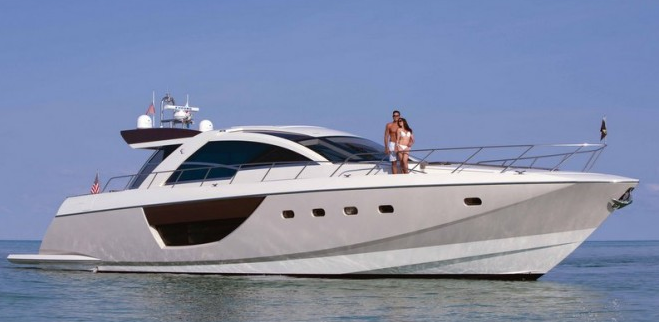
4 Simple Habits To Prolong The Life Of Your Boat Engine
Owning or renting a boat comes with a set of responsibilities just like that of owning or renting a car. Maintenance costs money, whether the appliance is a car engine or a boat engine. But there are ways to significantly reduce these maintenance costs by improving your way of using your boat engine. I am often faced with questions as to how to improve the life expectancy of boat engines. While, there really is no way to accurately predict how long an engine can last there are a number of variables engine sustainability can depend upon. In this article, we explore 4 ways to prolong the life of boat engines effectively:
- Regular Cleaning of the Engine and Oil Change
Many problems faced by boat engines can be attributed to a lack of visual inspection. Engines are likely to have all sorts of debris collected inside including algae and pollen. The debris blocks internal passages or it can collect against the exterior surface which causes heat to stay in. Regular cleaning eliminates chances of these dangers. It also makes it easier for any leakage to be identified readily, which can save you from more costly problems. Regularly inspect cooling hoses and belts and replace any such components that are likely to prevent an engine from normally operating.
Also, give your boat an oil change regularly. Keep track of when the last oil change was made. Usually boat owners forget and take longer to replace oil. Also, replace the oil filter with every oil change. It is important to replace all of the engine filters (fuel filter, air filter, strainers) regularly. Failure to do so will reduce the engine’s life.
- Install Temperature and Pressure Gauge
Never overheat your engine, this has the most detrimental effect on the engine. Install temperature gauges if you don’t have them in used boats for sale the ones that have all the gauges needed. This way there will be less chances of you overheating the engine. This can potentially save you thousands of dollars in superior boat repair.
Also install a water pressure gauge to ensure the engine is getting enough water to properly cool itself while it is operational. Usually, the water passages clog, resulting in reduced water flow and cooling efficiency. A pressure gauge can monitor any such problems occurring and notify the owner.
- Never Start the Engine in Open Air
Whenever starting the engine, make sure it is not started out of water. Engines will heat very quickly in open air. This can lead to damaging the seals, gaskets and other components. If you need to run the engine out of water, use a flushing kit to protect it from sudden heating.
- Don’t Over Speed the Engine and Feed it Good Fuel
Each engine is designed to be operational within a prescribed range of rpm. If you run the engine above that range it will damage the engine and reduce its longevity. Consult your boat’s manual to ensure the boat is running according to the correct rpm. If you want to run it higher than that rpm, you can replace the propeller with the one with a slightly higher pitch and also lower full-throttle rpm to the recommended one.
The use of low-grade fuel causes damage to the engine like no other. Most boat engines are designed to function with 87-octane gasoline that has a maximum of 10% ethanol. A higher percentage of ethanol can result in premature wear of gaskets, seals and other compounds. Therefore avoid using such fuel. Upgrade to 89-octane fuel to avail benefits – this makes it easy for the engine to burn fuel more completely, resulting in less carbon deposits that cause damage to engine parts.
So, make sure you make it a habit to do all the above mentioned things. Now, you can enjoy your luxury yacht or boat services for a long time to come!
